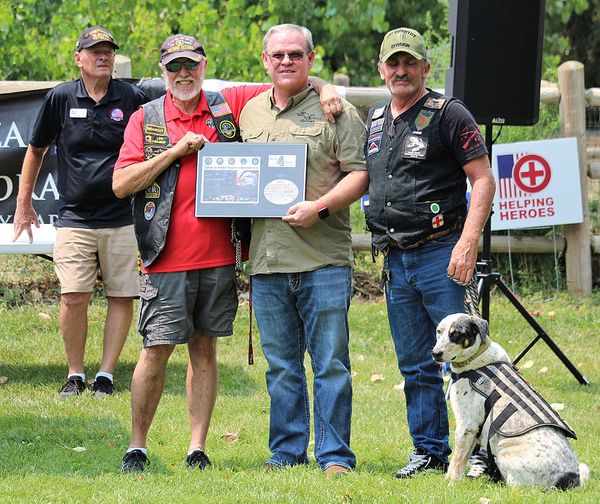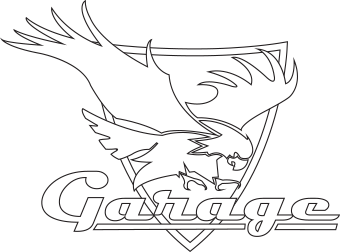VETERAN RACING WITH A PURPOSE
We Use Motorsports As A Vehicle To Tune The Mind And Soul of Our Transitioning Veterans

Executive Summary:
After serving our country, our nation's Veterans bring a variety of high-level skillsets and disciplines to the private sector in about any industry in America today. The War Eagle Garage exists to provide those veterans an opportunity to sharpen their skills and connect with local colleges, businesses, and veterans' resources. This group-based program engages veterans weekly through their course of study and military skill sets with a position on an active racing team. Any Veteran has a place on the team, as long as they are willing to succeed and help others succeed.
Why a Motorsports team
It is estimated that more than 700,000 combat veterans in the country are struggling with some form of combat-related post-traumatic stress disorder. Twenty-two (22) percent of veterans die by suicide each day and 30% of active duty and reserve military deployed to Iraq and Afghanistan struggle with maintaining proper mental health. Of these veterans, less than half of returning veterans in need receive any mental health treatment and support. These statistics show that most current treatment strategies simply are not having their desired effect. However, recent studies have shown that military veterans who participated in group-based activities have increased their mental health well-being, social functioning, and life outlook. The concept stems from the idea that learning involves interactions with other people and thus is a social process. At the heart of collaborative learning lies an active engagement with peers through cooperation and interaction, either in class or online. (Dillenbourg, 2010; Dewey 1938).
Collaborative learning provides an opportunity for students/veterans to clarify and refine their understanding of concepts through discussion and rehearsal with peers, allowing them to learn from each other and benefit from activities that require students/veterans to articulate and test their knowledge. Group work can also help develop generic skills sought by employers. (James, McInnis, & Devlin, 2002). Collaborative learning activities create opportunities for Veterans to engage in subject-specific discussions with peers and promote critical thinking. A motorsports program model provides a great opportunity to bring many different disciplines and skill sets together to collaborate on a project. It gives veterans an opportunity to build their resumes, build local connections, and have fun while they complete their next goal after their service.
Thompson Tindall (Founder)
